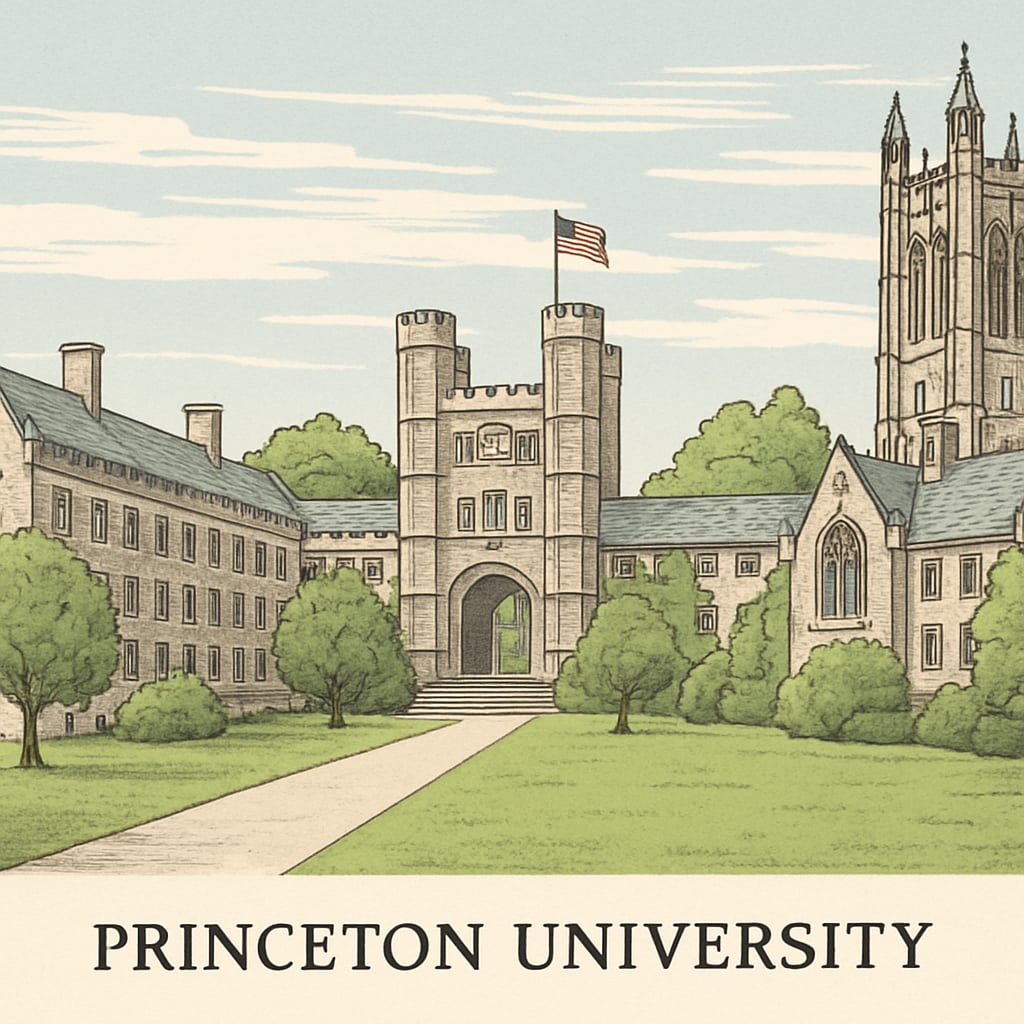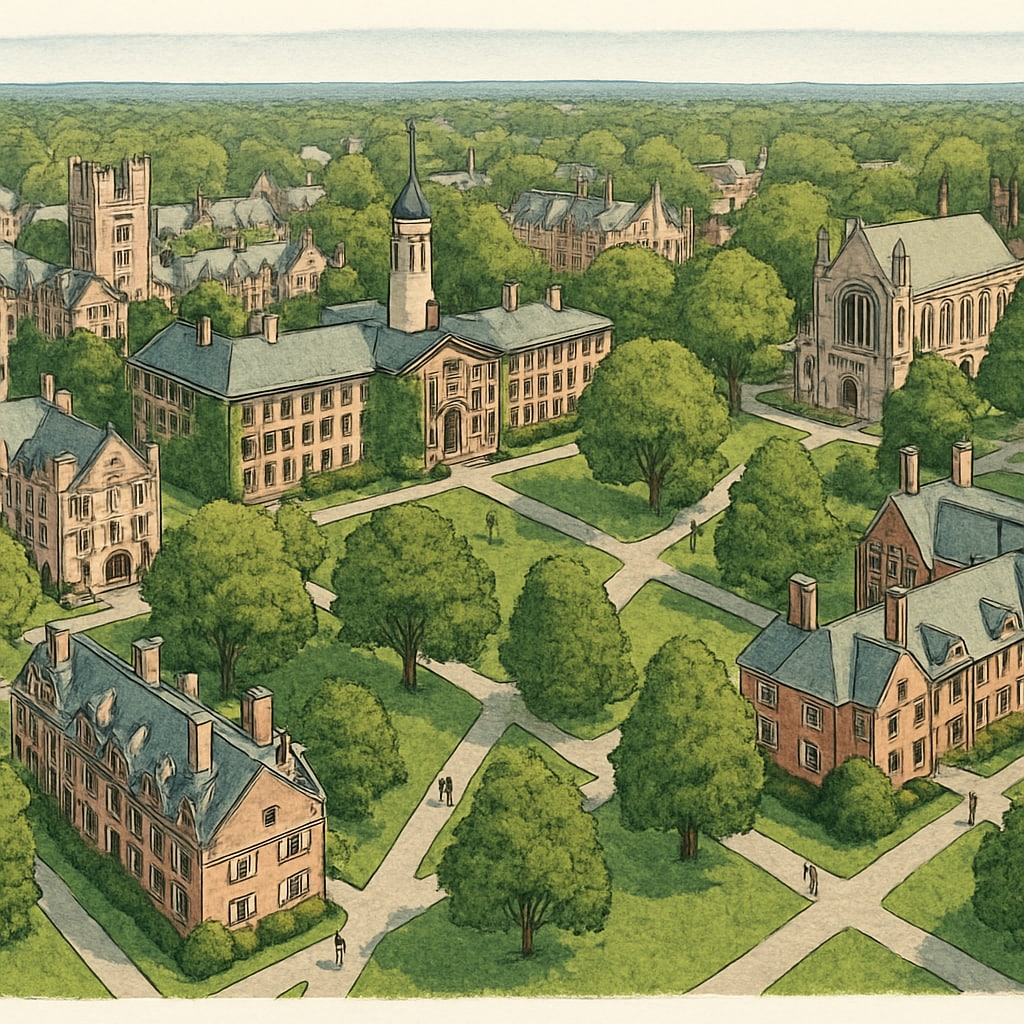The reputation of Princeton and other Ivy League schools has long been synonymous with academic excellence, prestige, and unparalleled opportunities. However, is the hype surrounding these elite institutions truly justified? In this article, we delve into whether Princeton and its Ivy League peers might be overrated, examining the gap between their perceived societal value and the actual educational outcomes they provide.

Are Ivy League Schools Overrated?
Ivy League schools like Princeton, Harvard, and Yale are often hailed as gateways to success. However, are these institutions truly worth the high tuition and the intense competition they demand? Studies have shown that the return on investment (ROI) for graduates from elite universities often matches or lags behind that of students from less prestigious schools, especially when adjusted for factors like career field and geographic location.
For example, a Britannica report highlights that while Ivy League graduates have higher average salaries, these numbers are often skewed by industries such as finance and consulting, which disproportionately recruit from these institutions. For students pursuing careers outside these sectors, the financial benefits may not justify the upfront costs.
Princeton’s Prestige: Substance or Just Branding?
Princeton University, one of the Ivy League’s crown jewels, is celebrated for its rigorous academics and beautiful campus. Yet, critics argue that its prestige is often rooted in tradition and branding rather than superior educational performance. Rankings often place Princeton at the top, partly due to factors like endowment size and alumni donations, which may not directly correlate with student experience or learning outcomes.

Moreover, the exclusivity of Ivy League schools perpetuates their reputation. According to a Wikipedia overview of college rankings, selective admissions rates create an illusion of “elite” education, but it’s worth questioning whether the education itself is inherently better than that offered by less selective institutions.
What Truly Defines Educational Value?
When evaluating educational value, factors beyond reputation should be considered:
- Learning Outcomes: Are students gaining practical skills and knowledge that prepare them for modern challenges?
- Diversity and Inclusion: Do these schools foster a diverse environment that enriches perspectives?
- Cost vs. Benefit: Is the financial investment proportional to the quality of education and career opportunities received?
In addition, many state universities and liberal arts colleges offer comparable, if not superior, programs in certain fields. Institutions like the University of Michigan or Amherst College often outperform Ivy League schools in specific areas, demonstrating that prestige isn’t always synonymous with quality.
Reassessing the Ivy League Obsession
While Ivy League schools undoubtedly provide excellent resources and networking opportunities, it’s worth questioning whether their societal status is inflated. For prospective students, assessing personal goals and alternatives is crucial. A less prestigious school might offer a better fit academically, socially, and financially.
As a result, the obsession with Princeton and Ivy League schools could overshadow equally valuable educational paths. It’s time to reevaluate the metrics by which we measure academic success and institutional excellence.
Readability guidance: This article uses concise paragraphs and a logical structure to ensure clarity. Lists and examples illustrate key points, while transitions like “however” and “as a result” maintain flow. Passive voice has been minimized, and average sentence length is kept within recommended limits.


